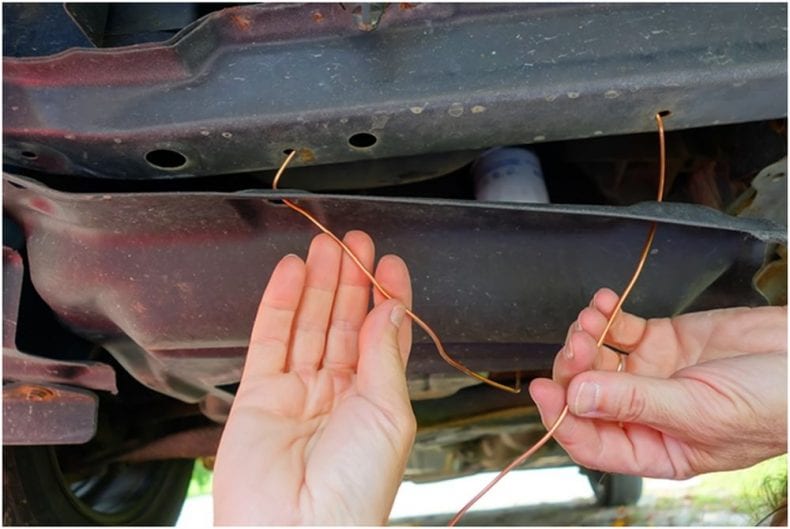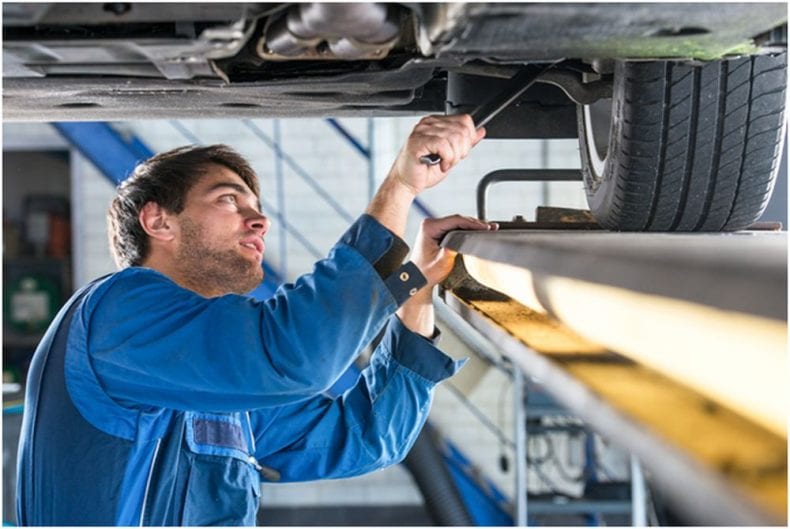They say that with privilege comes responsibility, and every car owner knows this adage is true. With the privilege of being your own transportation comes a host of practices and costs. Insurance already costs a lot, so when maintenance, repairs, and replacement parts start to pile up, it can be frustrating, especially if you have to go without your car for a long period of time. That’s just the way things are… isn’t it?
The biggest myth about owning a car is that maintaining one has to cost a lot of money. There are a lot of ways to take care of your car without emptying your wallet. Read on for some strategies that could cut, or better yet eliminate, the costs of owning your car.

Everyday Savings
The first thing you should do when you get a car is read the owner’s manual. Get to know your car. This is a tool that you will spend a lot of time in and come to rely on, and the owner’s manual can tell you all about it. The owner’s manual can tell you not only the best ways to take care of your car but also the best way to drive it. Year after year, people waste money carelessly and without even being aware when they idle or speed away gasoline, reduce the life of brakes by using the pedal too hard or fail to notice signs that the car isn’t performing at its best. Hundreds, if not thousands, can be saved just by getting to know your car and practicing good driving habits.
Maintain Your Maintenance
You can find the suggested maintenance schedule for your car in the owner’s manual, and it will tell you when you should change things like your oil, filters, and lights. In between, however, you can save yourself a lot of hassle by getting into good habits. Checking things like your oil and tire pressure regularly can prevent problems before they begin. Keep an eye on lights, especially tail lights (since those are hard to see when you’re driving) and windshield wipers to prevent accidents, or at least costly tickets.
Avoid the Shop
So many of the standard maintenance tasks necessary to keep your car on the road can be done yourself rather than by a mechanic. Changing lights, fuses and windshield wipers costs a lot when a mechanic does it but costs only parts when you do it yourself. Rotating your own tires can save money while also saving wear on them. Plugging flats yourself can not only save you the cost of the tire but also save a trip to the mechanic. Even slightly more complicated maintenance, such as tires and brakes, can be learned through online tutorials or do it yourself books.
Have the Right Tools
Try as we might prevent them, emergencies happen, and parts wear down. Having the right tools for the job can mean the difference between getting back on the road (or at least to the mechanic) and a costly tow truck. A good car kit and a reliable jack that you can easily use can save hundreds in costs. For even more peace of mind, some people get diagnostic tools or apps, such as OBD-II scanners. These communicate with the computer chip in your car to give you an idea where malfunctions may be brewing. This can help a lot when it comes to dealing with a mechanic.
Be Smart about Professionals
Sometimes, mechanics can’t be avoided, and in the event of a repair that complex, it’s better to spend a little on repairs now than a lot more later. It’s good to be smart about finding one and getting recommendations from friends, family, or online can put you on the right track. It is also wise to get more than one diagnosis and estimate so you can compare and ensure you don’t pay for services you don’t need, or that can wait.
Being able to do the things you need to do on your own time is the biggest boon of owning a car. It can be tremendously inconvenient to have to endure without yours because you didn’t or couldn’t take adequate care of it. However, as we just saw, you really don’t have to spend a lot of money to take good care of a car. As with many of our most important relationships, just the right amount of attention to our cars can go miles!











